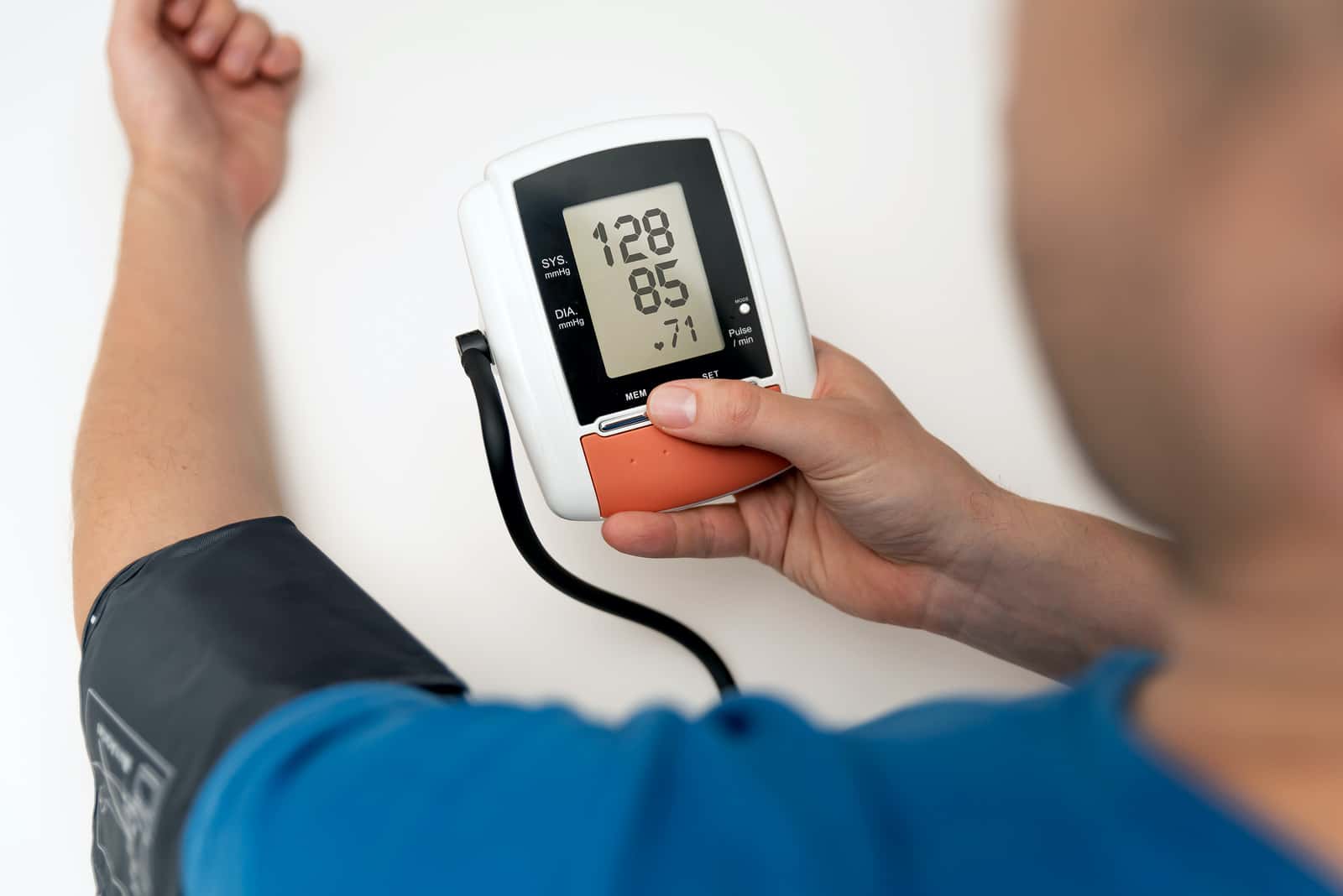
Lisinopril is about the most popular drug in the pharmacy. This ACE (angiotensin converting enzyme) inhibitor is swallowed by over 20 million hypertensive Americans every day. Over 110,000,000 bottles of lisinopril are dispensed each year. With a lot of ARBs (angiotensin receptor blockers) recalled because of nitrosamine contamination, we suspect a lot more people will be taking lisinopril to control their blood pressure. Anyone who is taking lisinopril needs to be very cautious about taking extra potassium.It might come in a guise you are not expecting.
Salt Substitute Can Be Trouble for People Taking Lisinopril:
Q. I started using a salt substitute in place of regular salt, not realizing that it shouldn’t be used if you’re taking lisinopril to lower blood pressure. I passed out at home.
The paramedics measured my pulse in the 20s. They used a pacemaker to revive me, and my potassium level at the hospital was extremely high. Yikes! I threw the salt substitute away.
A. The body is generally good at regulating potassium to keep it within a healthy range. When someone is taking an ACE inhibitor like benazepril, captopril, enalapril or lisinopril, extra potassium can become life threatening.
Hyperkalemia is the medical term for too much potassium. Symptoms may include palpitations (irregular heart rhythms), weakness, slow pulse, tingling or numbness in lips, feet or hands, and confusion.
This reader wants to know how ACE inhibitors like lisinopril interact with other nutrients.
Taking Lisinopril? Avoid Potassium! Consider Zinc!
We fear that most people do not take time to ask their doctors or pharmacists about drug interactions. If someone is taking lisinopril that can be a dangerous, or even a deadly oversight.
Q. I take lisinopil for high blood pressure. I know I should avoid extra potassium. Are there any other vitamins or minerals I should watch out for?
A. Potassium is the most important. Too much potassium can be just as dangerous as too little, so you should be careful not to take supplemental potassium or use potassium-based salt substitutes.
What Happens if Potassium Goes Too High?
In the worst case, death can result. That’s because hyperkalemia (excessive potassium) can cause cardiac arrest. In plain talk, your heart stops beating regularly and the grim reaper is not far behind.
Other symptoms of too much potassium include fatigue, irregular heart rhythms, weakness, breathing difficulties, tingling or numbness in fingers, feet or lips, slow heart rate and mental confusion.
You can learn more about interactions that can lead to excess levels of potassium when taking lisinopril at these links:
A Deadly Drug Interaction Often Ignored by Doctors and Pharmacists
Will Your Antibiotic Interact with Your Blood Pressure Pill?
Lisinopril and Too Little Zinc:
We hope that doctors and pharmacists warn their patients taking lisinopril (and other ACEis) to avoid extra potassium. This is an interaction that is taught in medical and pharmacy schools. It is also programmed into the computers that doctors use to prescribe and pharmacists use to dispense.
We suspect that most health professionals are unaware of the connection between blood pressure pills like lisinopril and low levels of zinc. Research has shown that ACE inhibitors can deplete the body of zinc (Nutrients, Sep. 11, 2018). If there is a diuretic on board, it could be even worse (Pharmaceutics, March 20, 2018).
Zinc plays an essential role in immunity. It simulates T cells. They play a central role in combatting viral and bacterial infections. Older people who are deficient in zinc are at greater risk of coming down with pneumonia, especially if they are in a nursing home.
Please ask your doctor to monitor your zinc status so you will know if you need a supplement. He or she should pay special attention if you also take a proton pump inhibitor like omeprazole for GERD, since that can also lower zinc levels.
Which Vitamins and Minerals Should You Be Taking?
If you would like to know more about which supplements you should be taking to counteract medication depletion, we highly recommend a book by Dr. Low Dog titled Fortify Your LIFE: Your Guide to Vitamins, Minerals and More. Dr. Low Dog makes sense out of what has been total confusion. If you can find a copy, it will be well worth your effort.
Citations
- Suliburska J et al, "Diuretics, Ca-antagonists, and angiotensin-converting enzyme inhibitors affect zinc status in hypertensive patients on monotherapy: A randomized trial." Nutrients, Sep. 11, 2018. DOI: 10.3390/nu10091284
- Mohn ES et al, "Evidence of drug-nutrient interactions with chronic use of commonly prescribed medications: An update." Pharmaceutics, March 20, 2018. DOI: 10.3390/pharmaceutics10010036

